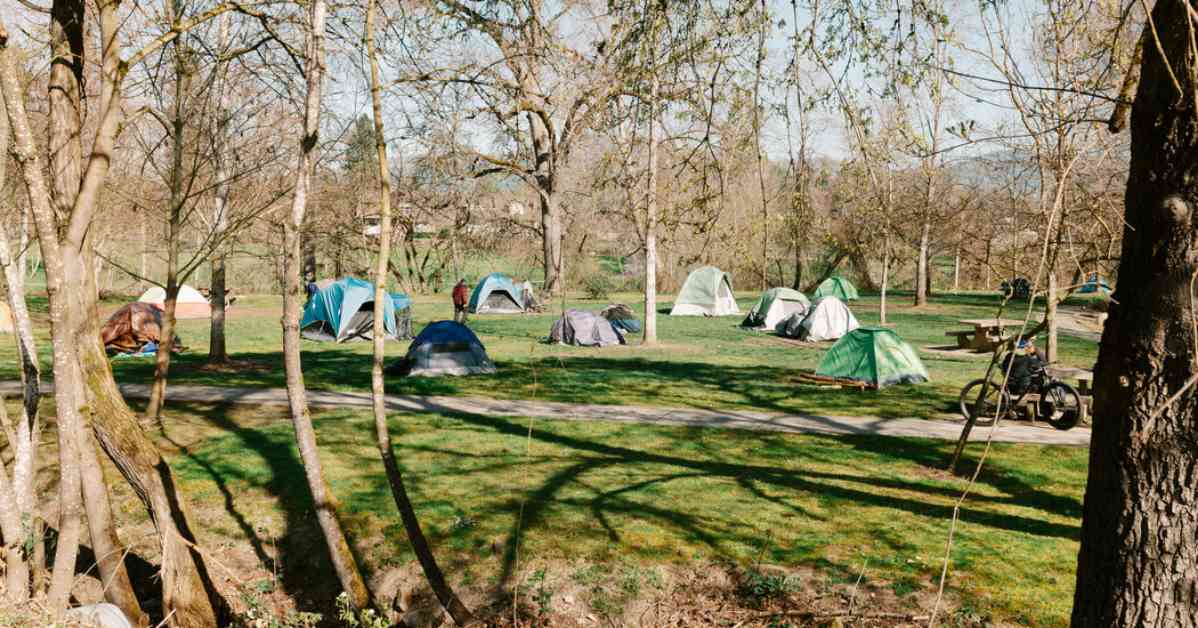The recent Supreme Court ruling on a homelessness case in Grants Pass, Oregon, has upheld the city’s ban on homeless residents sleeping outdoors. This decision is expected to have significant implications for cities nationwide as they navigate the complex issue of homelessness.
The case revolved around local ordinances in Grants Pass that prohibited sleeping and camping in public places such as sidewalks, streets, and city parks. Justice Neil M. Gorsuch, writing for the majority, argued that these ordinances did not violate the Constitution’s prohibition on cruel and unusual punishment. He emphasized that the laws targeted the act of camping outdoors, not the homeless individuals themselves.
On the other hand, Justice Sonia Sotomayor, along with Justices Elena Kagan and Ketanji Brown Jackson, dissented, expressing concerns about leaving society’s most vulnerable individuals with fewer protections. Justice Sotomayor highlighted that sleep is a biological necessity and, for some people, sleeping outside may be their only option.
This ruling brings attention to the ongoing homelessness crisis in the United States and raises questions about the balance between public safety and the rights of homeless individuals. As cities grapple with finding solutions to address homelessness, it is essential to consider the diverse needs and circumstances of this vulnerable population.
Homelessness is a complex issue that requires a multifaceted approach involving housing, healthcare, social services, and community support. While laws and ordinances play a role in regulating public spaces, it is crucial to ensure that they do not disproportionately impact homeless individuals or criminalize their existence.
Moving forward, policymakers, advocates, and communities must work together to develop compassionate and effective strategies to address homelessness. This includes increasing access to affordable housing, expanding mental health and substance abuse services, and implementing supportive programs to help individuals transition out of homelessness.
By engaging in thoughtful dialogue and collaboration, we can create a more inclusive and equitable society where all individuals have a place to call home. The Supreme Court’s ruling serves as a reminder of the ongoing challenges faced by homeless individuals and the collective responsibility to uphold their dignity and rights.


